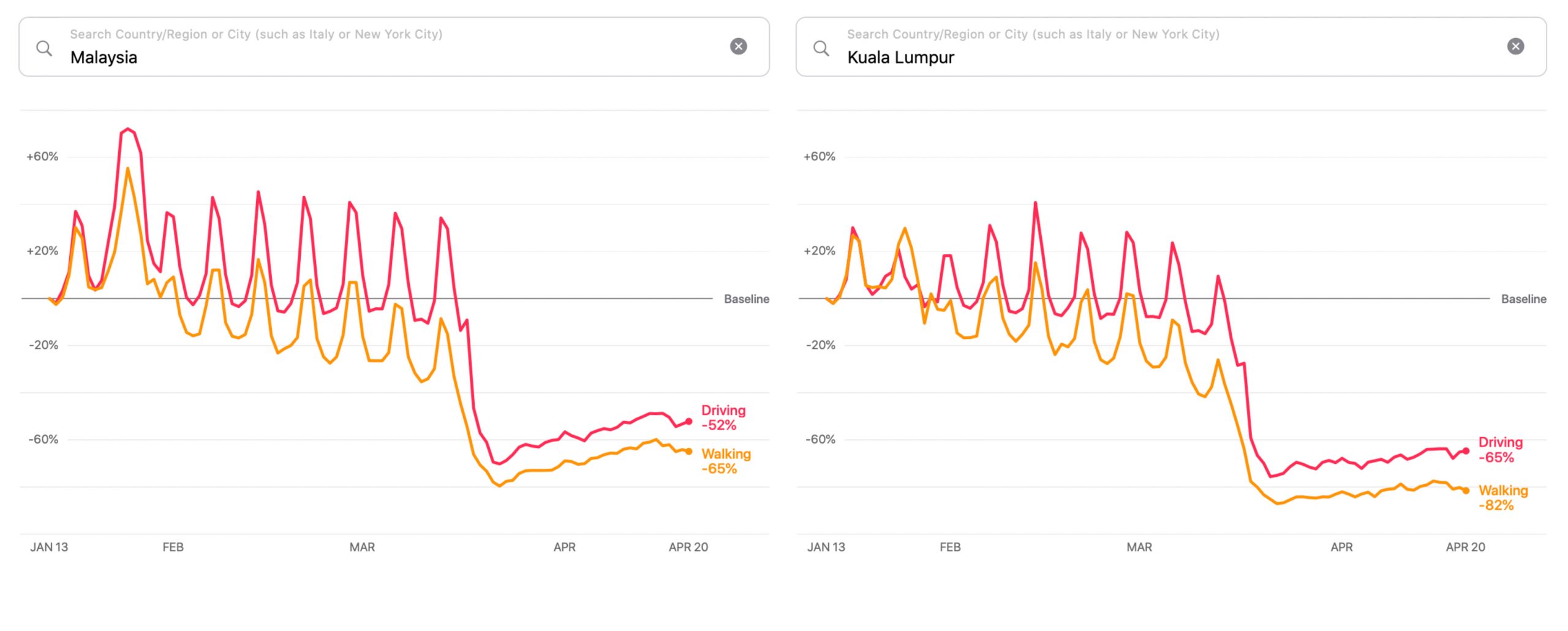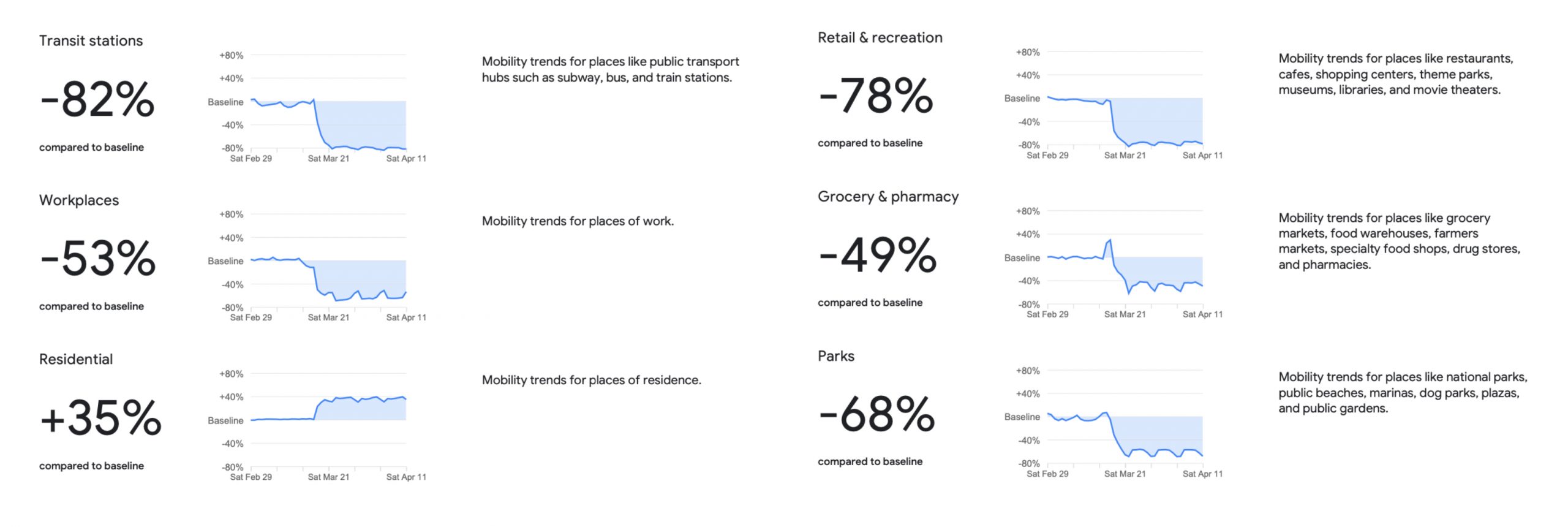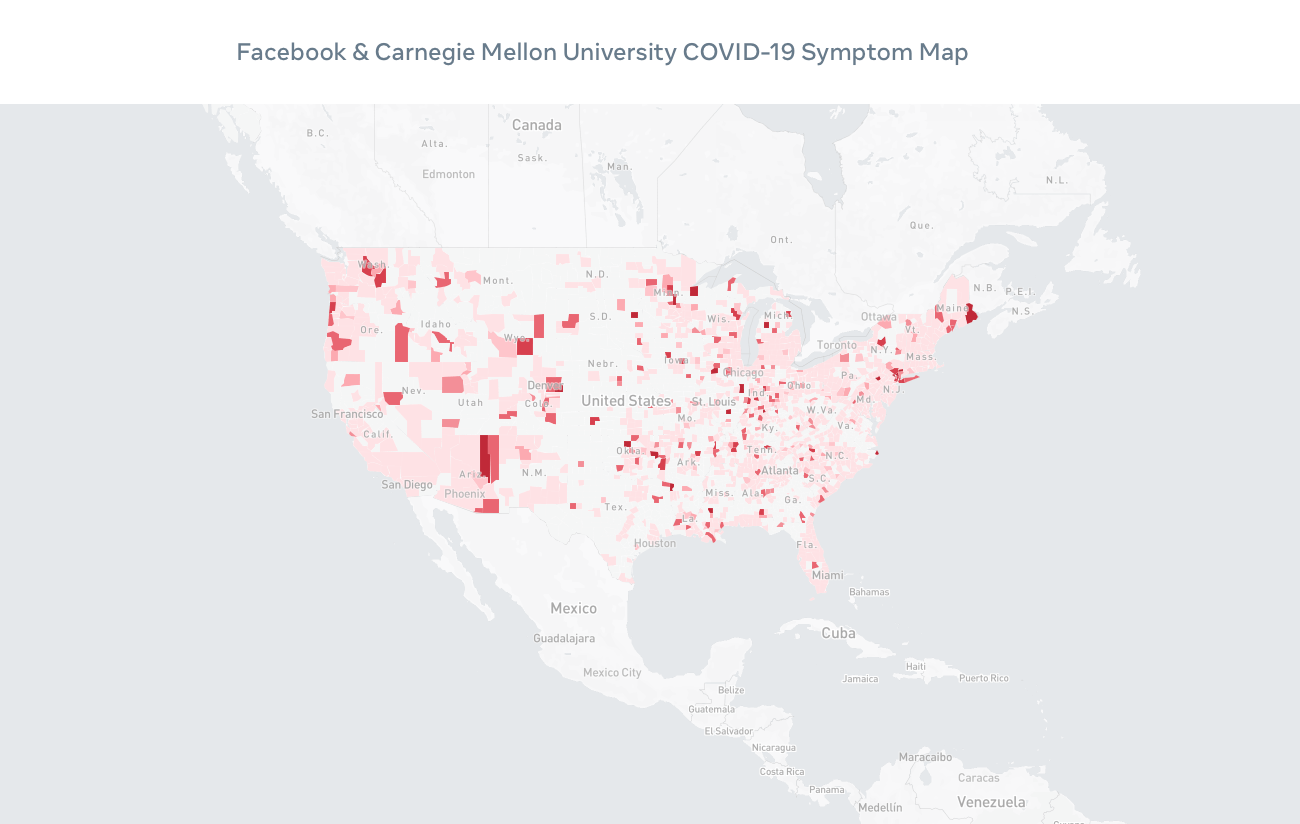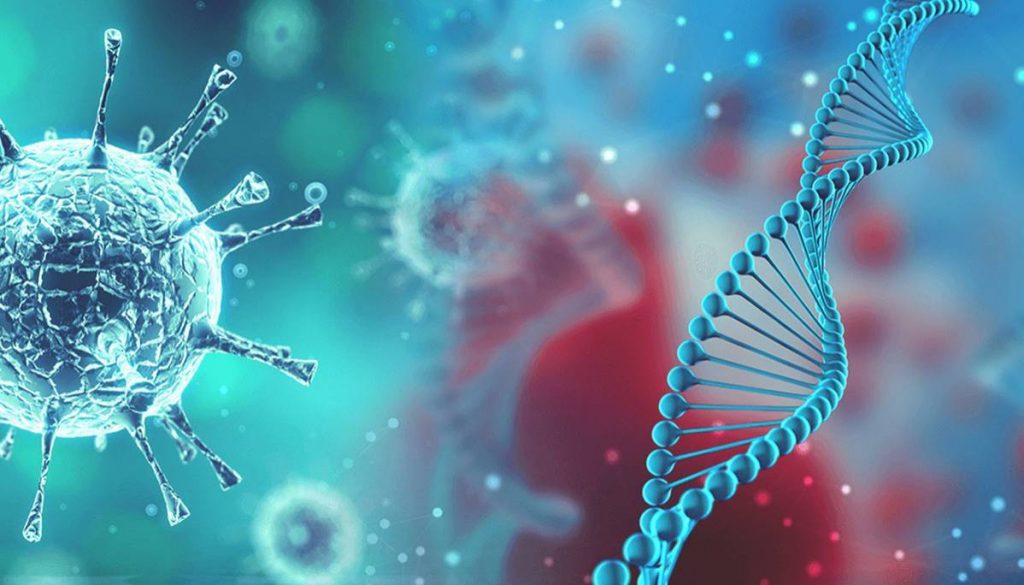Fighting against COVID-19 is not impossible, but it’s also not easy. Everyone has to play their parts and this includes tech giants like Facebook, Apple, and Google. But aside from offering financial forms of support, what else have they been doing?
Mobility Trends Reports

Both companies believe that sharing this mobility data will help the health officials and the government better understand the movement trends of people in certain areas. “These reports show how visits and length of stay at different places change compared to a baseline to provide insights into social distancing compliance,” said a Google spokesperson. For example, if the mobility trend at parks and malls increases during the MCO period, it could indicate that people have been ignoring the restriction and traveling unnecessarily. Authorities can then take additional measures such as increasing roadblocks, closing playgrounds, or modifying recommendations on business hours based on changes in essential trips like grocery shopping. Seeing as Apple and Google are the two big players in the industry, their information sharing could be by far the most accurate one.

While the mobility data is useful, it also means that the data offered doesn’t represent the exact population of Malaysians — it only applies to those who switch on their Location History and uses Apple Maps. There are also individuals without smartphones, so keep in mind that these data can only be helpful to a certain extent.
COVID-19 Symptom Map and Survey

By making use of this data to create reports and maps, health researchers and policymakers can better estimate areas with a higher chance of COVID-19 outbreaks. “Since experiencing symptoms is a precursor to becoming more seriously ill, this survey can help forecast how many cases hospitals will see in the days ahead and provide an early indicator of where the outbreak is growing and where the curve is being successfully flattened,” said Mark Zuckerberg, CEO of Facebook. “The survey responses are sent to the researchers and aren’t accessible to Facebook.”
“The world has faced pandemics before, but this time we have a new superpower: the ability to gather and share data for good.”
Contact Tracing Technology
This is a technology under development, but it should be out in the near future. Apple and Google are teaming up and taking advantage of Bluetooth to help identify those who might have been in contact with a person who’s been tested positive for COVID-19. It’ll begin with APIs and OS-level features that enable the government and health officials to use Bluetooth radios to track proximity between users. “It doesn’t matter if you have an Android phone or an iPhone – it works across both platforms,” said Google’s spokesperson.
Using the API created by the companies, they can ensure that user privacy is prioritized and protected while allowing developers to create relevant apps. Developers will be able to create proximity contact tracing apps without the ability to track users’ locations. In addition, the API solution will be making use of Bluetooth Low Energy – a technology that doesn’t consume a high amount of battery life and doesn’t require the absolute location of its user.
Throughout this process, both Google and Apple promise that no information will be tied to the individual’s identity and whereabouts. Apple also said that the information regarding this technology will be accessible to the public to guarantee transparency.
These are just some of the major efforts that these tech giants have been making to combat COVID-19. Google has been offering tools and programs to help businesses and individuals who are affected, and Apple has been producing face shields and sourcing over 20 million face masks for medical professionals. Facebook has also added tools to assist businesses on Instagram, monitor and reduce COVID-19 misinformation, and joined the Open COVID Patent Pledge.

